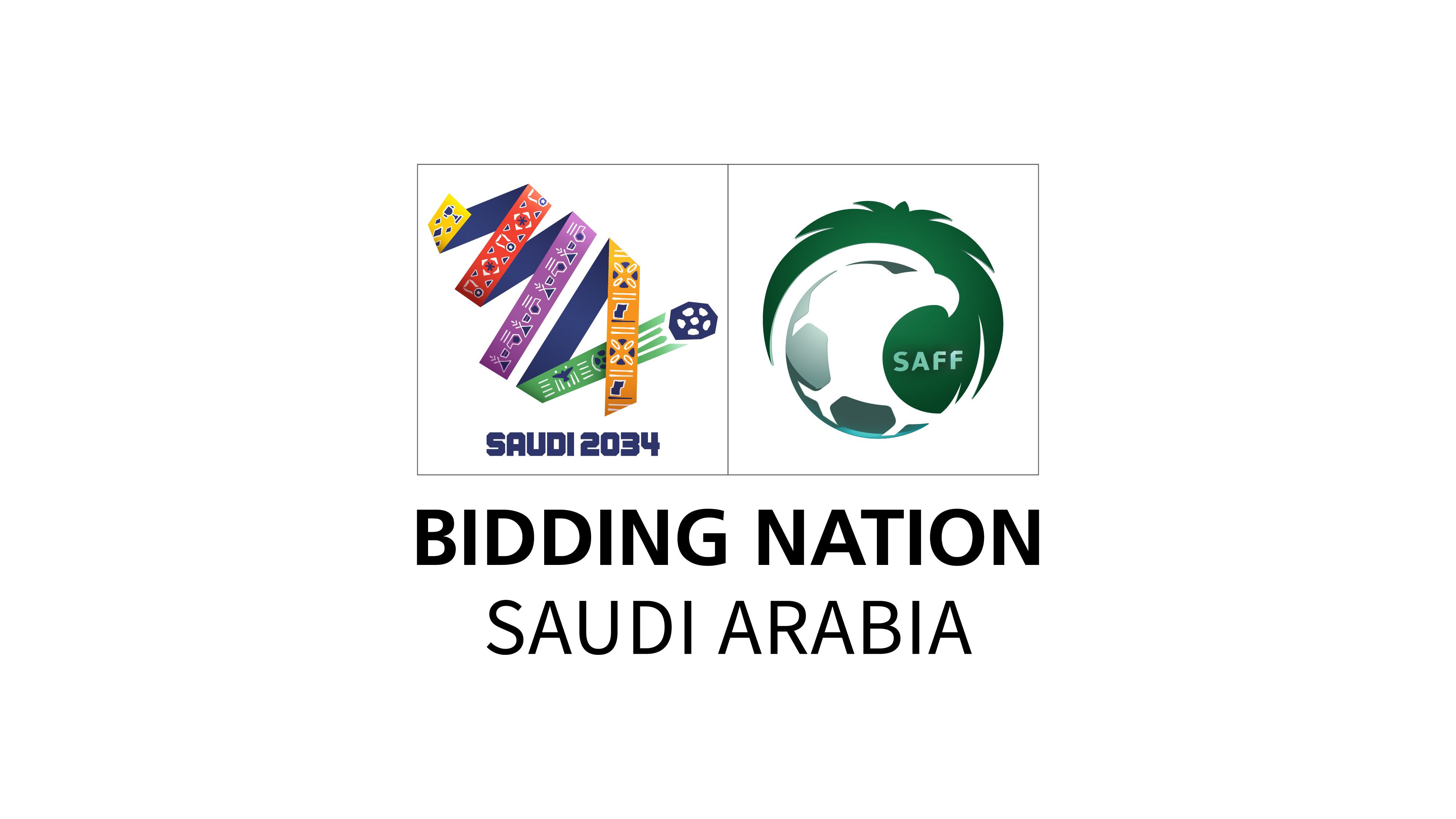December 2 – FIFA World Cup bid evaluation report has, remarkably, awarded Saudi Arabia’s bid for the 2034 World Cup the joint highest bidding score ever. Human rights groups, however, have slammed FIFA for “whitewashing” the country’s human rights record and called out glossing over environmental concerns.
It is a somewhat stunning piece of work by FIFA that once again, following its highly controversial bid evaluation reports for the Women’s World Cup 2027 that saw the tournament awarded to Brazil, and again questions the integrity of FIFA’s report writers and the organisation itself.
It is a wonderfully golden review for the Saudi bid which received an overall average score of 4.2 out of 5, despite eight stadiums and a bulk of the infrastructure needed to host a 48-teamWorld Cup needing to be built.
The bid evaluation report was released late on Friday, at the same time as the Qatar report on migrant workers and presumably with the intention of burying the Qatar report. FIFA published both bid evaluation for the 2030 and 2034 World Cups, awarding them both the same 4.2 score.
The score is even more conspicuous considering the 2026 World Cup bid scored 4.0 having proposed 23 stadiums – all of which were already built. The US, Mexico and Canada will host the tournament in 16 cities, often in venues that stage NFL matches.
“The [Saudi] bid includes some ambitious stadium projects integrated into unique locations, including the Prince Mohammed bin Salman Stadium located within the Qiddiya development and Neom Stadium located within ‘The Line’ development,” read the FIFA report.
FIFA acknowledged that the Saudi bid has a medium level of risk, saying: “Due to the overall scale of the stadium projects, as well as the novel designs and configurations proposed in some cases, there is an elevated risk profile.” At the same time, the world federation said the risk was mitigated because of the country’s commitment to the tournament and the timeline to deliver.
FIFA said that the timing for the tournament would be determined in consultation with stakeholders, opening the door for what looks likely to be the second winter World Cup 12 years after the first. The 2022 World Cup in Qatar was pushed to a winter slot and that scenario is likely in Saudi Arabia as well because of the country’s desert climate.
FIFA rated the human rights risk as “medium” and said the tournament would have the potential to contribute to a positive human rights impact.
Previously, a series of NGOs had cricitised the assessment of the Saudi 2034 bid human rights policy by law firm Clifford Chance, but this time Amnesty went a step further, calling FIFA’s evaluation of Saudi Arabia’s World Cup bid “an astonishing whitewash of the country’s atrocious human rights record.”
Steve Cockburn, the head of labour rights and sport at Amnesty International, said: “As expected, [this review] of Saudi Arabia’s World Cup bid is an astonishing whitewash of the country’s atrocious human rights record. There are no meaningful commitments that will prevent workers from being exploited, residents from being evicted or activists from being arrested.
“By ignoring the clear evidence of severe human rights risks, FIFA is likely to bear much responsibility for the violations and abuses that will take place over the coming decade. Fundamental human rights reforms are urgently required in Saudi Arabia, or the 2034 World Cup will be inevitably tarnished by exploitation, discrimination and repression.”
In the bid evaluation, FIFA downplayed environmental considerations. FIFA considers the risk of the bid’s sustainability commitment, referring to Saudi Arabia’s support for the Paris Climate Agreement, and environmental protection low.
It’s a remarkable risk assessment: Saudi Arabia plans to build 11 new stadiums, one of which is in a city that is yet to be built, for the 48-team tournament and a major infrastructure overhaul. The Arab Kingdom is also known to lobby against a move away from fossil fuel.
Frank Huisingh, the founder of Fossil Free Football, said: “The Saudi 2034 World Cup will provide a megaphone for the world’s worst country when it comes to the climate crisis. Saudi Arabia wants to sell as much oil for as long as possible, and to achieve that goal it obstructs international climate negotiations wherever it can. From the COP in Azerbaijan to recent negotiations on a treaty against plastics.
“It will also be an extremely polluting World Cup, with 11 new stadiums built and – through the sheer size of the World Cup and the distance between host cities in Saudi Arabia – a lot of flying. To evaluate the Saudi 2034 bid as low risk on environmental protection and sustainability is ridiculous. Football associations should not accept this and ask FIFA for a serious evaluation of this bid before it comes to any vote.”
FIFA will award the two World Cups at a virtual extraordinary congress on December 11. The global governing body fast-tracked Saudi Arabia’s bid and handed other eligible nations less than a month to throw their hat into the ring.
Contact the writer of this story at moc.l1752125233labto1752125233ofdlr1752125233owedi1752125233sni@i1752125233tnuk.1752125233ardni1752125233mas1752125233

